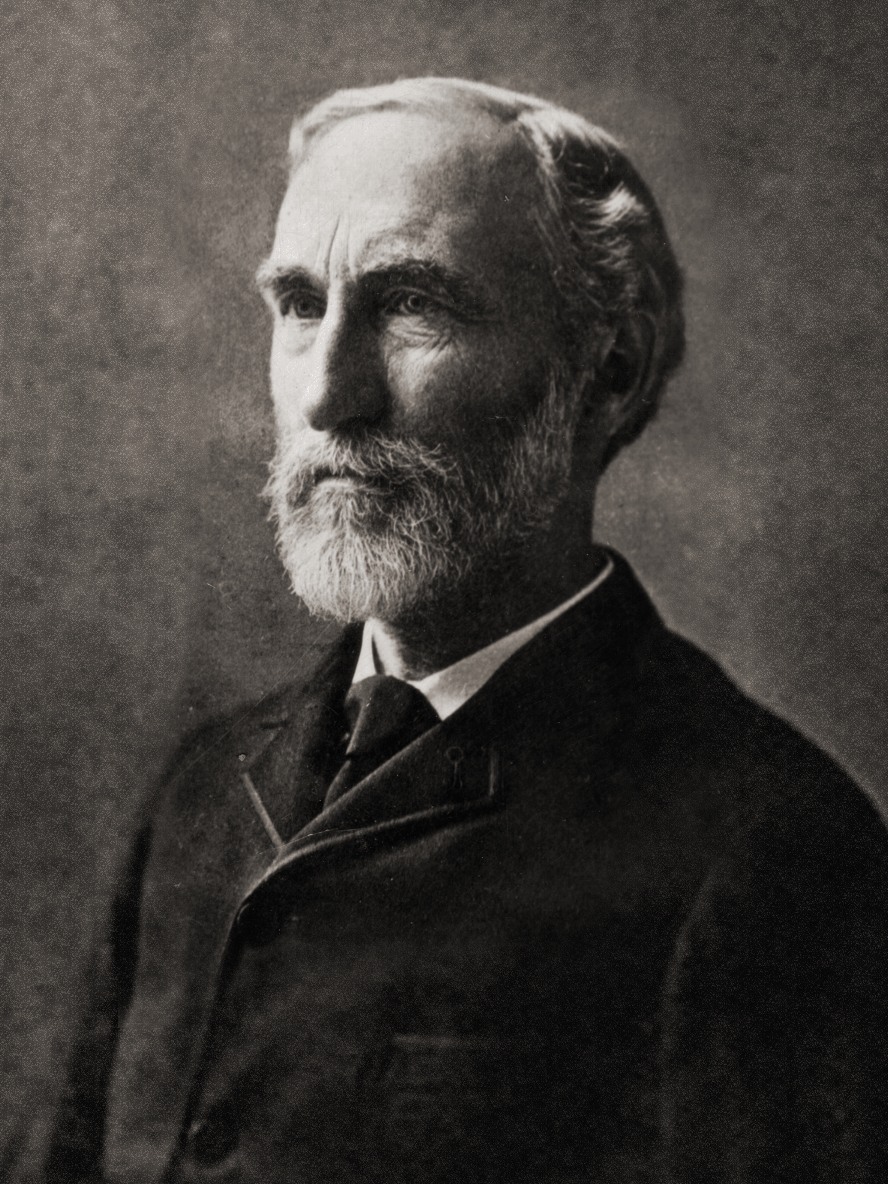 |
| Josiah Willard Gibbs |
But, "The ability to measure alone is insufficient; standardisation is crucial for measurements to be meaningful" (ibid).
It is even more crucial at a time when a mis-measurement could cause catastrophe, as in nuclear testing (This Could Be The Real Reason Why North Korea Stopped Its Nuclear Missile Tests).
It boils down to the fact that in a world facing climate change catastrophe daily, it is all the more important to have a standard way of talking about climate change / global warming:
"Observational data of salinity and relative humidity need to be globally comparable within requisite uncertainties over decades and centuries, but both quantities rely on century ‐ old provisional standards of unclear stability, or on ambiguous definitions. This increasingly urgent and long ‐ pending problem can only be solved by proper metrological traceability to the International System of Units (SI). Consistent with such SI ‐ based definitions, state ‐ of ‐ the ‐ art correlation equations for thermophysical properties of water, seawater, ice and humid air such as those available from the recent oceanographic standard TEOS ‐ 10 need to be developed and adopted as joint international standards for all branches of climate research, in oceanography, meteorology and glaciology for data analysis and numerical models.(Salinity and relative humidity: climatological relevance and metrological needs, emphasis added). That is why Dredd Blog uses the TEOS-10 toolkit (TEOS Org).
...
TEOS-10 is highly accurate."
Some may wonder why it is called the "Gibbs-SeaWater (GSW) Oceanographic Toolbox", so, let me explain.
The formulas encapsulated in the TEOS-10 software come originally from the mind of an American scientist:
"Willard Gibbs was a mathematical physicist who made enormous contributions to science: he founded modern statistical mechanics, he founded chemical thermodynamics, and he invented vector analysis."(J. Willard Gibbs). The Europeans also speak well of him:
"J. Willard Gibbs, in full Josiah Willard Gibbs, (born February 11, 1839, New Haven, Connecticut, U.S.—died April 28, 1903, New Haven), theoretical physicist and chemist who was one of the greatest scientists in the United States in the 19th century. His application of thermodynamic theory converted a large part of physical chemistry from an empirical into a deductive science."(Encyclopedia Brittanica, emphasis added). Thus, the scientific work that Gibbs did is encapsulated in the software that Dredd Blog uses to analyze ocean water thermodynamics.
The better the scientific tools the better the science.
The next post in this series is here, the previous post in this series is here.
Listen the the music ...
No comments:
Post a Comment